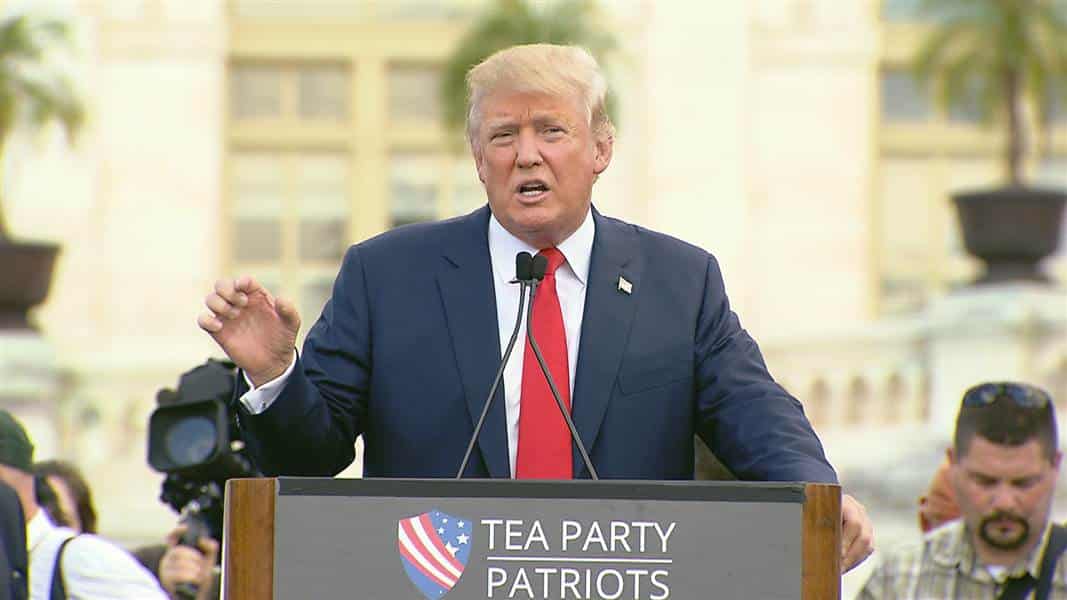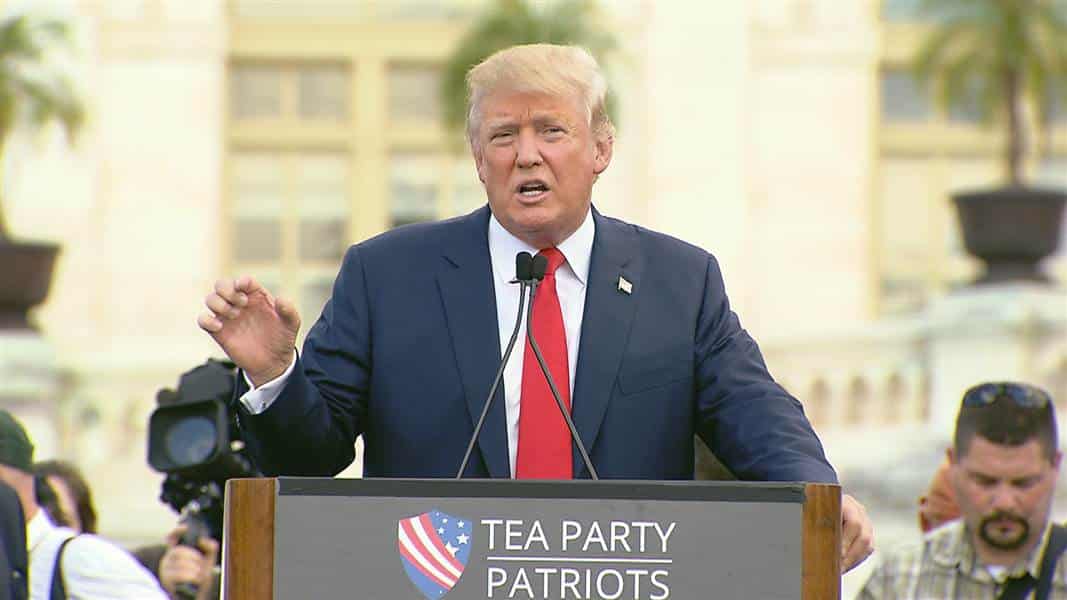
President-elect Donald Trump vows to either tear up or rewrite the recent international nuclear deal with Iran, calling it “disastrous,” and “the worst deal ever negotiated by Washington.”
Iran, which has closed important nuclear facilities, shut down half its centrifuges, and neutralized its stores of nuclear material under the international agreement, must be wondering if it’s nuclear deal was not really, really disastrous.
In his rush to condemn the Iran deal, Donald Trump seems to be forgetting that the pact was co-signed by Britain, France, Russia, China, Germany and the UN. Backing out of the pact will be no easy matter and sure to provoke a diplomatic storm.
The outgoing CIA director, John Brennan, calls Trump’s plan to junk the Iran deal “the height of folly.” Brennan warns that doing so would further destabilize the Mideast and embolden hard-liners on all sides. He could have added that if Iran resumes nuclear enrichment, Israel’s far-right government will likely go to war with Iran in order to preserve its Mideast nuclear monopoly.
An Israeli attack on Iran could quickly drag in the United States and become a major Mideast conflict. The Pentagon is not anxious to get involved in yet another war in the Muslim world. Interestingly, some Iranian hardliners actually hope the US will attack Iran: “America will break its teeth on Iran, and that will be the end of its Mideast empire,” as one overconfident Iranian told me.
Adding to tensions, the Iranian nuclear deal has been under heavy attack in the US that may sabotage the pact even without Donald Trump’s intervention. The US Israel lobby has made sabotaging the deal with Tehran a priority. Equally important, Israel’s extraordinary influence over the US Congress and media has been directed at overturning or at least derailing the nuclear accord.
Iran is loudly accused of sponsoring “terrorism” for supporting the Palestinian cause and Lebanon’s resistance movement Hezbollah and Yemen’s shadowy Houthi tribal movement. This while the US is arming, supplying and financing ultra-violent anti-regime jihadists in Syria and waging war in East Africa.
US Congressmen and senators hypocritically blasted the late Fidel Castro for being a dictator while hailing Egypt’s brutal dictatorship of Field Marshall al- Sisi and, of course, China’s dictatorship. At least Castro was esteemed, even loved, by most of his people. One seeks in vain any traces of affection for US-backed dictators like Sisi or the Saudi royal family.
Meanwhile, Israel’s partisans have been waging what they call “Lawfare” against the Iran deal by trying to obstruct it in many legal and bureaucratic ways, particularly by refusing to remove most of the US trade and financial embargo on Tehran stipulated in the agreement. Europe is also forced, unwillingly, to comply with many of the US trade sanctions against Iran.
One of the more egregious examples was recent efforts by Israel’s supporters in Congress to thwart the sale of some 200 commercial US and European jets to Iran. Over 30 years of US embargo have left Iran with a dilapidated and often perilous transport fleet that has killed large numbers of Iranians in crashes caused by mechanical failures.
Iran seeks to renew its civil fleet by ordering $25 billion of new aircraft from Boeing and Europe’s Airbus. But Republicans in Congress voted to block the sale, clearly choosing Israel’s demands over jobs for tens of thousands of US workers. Rarely have we seen so raw an exercise of power.
Abrogation of the international nuclear deal with Tehran would almost certainly undermine the dominant moderates in Iran’s government and boost the hardliners back into power. They have all along claimed that the US cannot be trusted. Besides, North Korea’s Kim Jong-un has nuclear weapons and no one dares attack him.
But Trump will need Russian and European support for America’s other foreign policy headaches. Europe is totally behind the Iran deal and fears its rejection will ignite yet another crisis on its doorstep.
Mr. Trump is strongly advised to leave Obama’s Iran deal alone. It’s one of the outgoing administration’s few real foreign policy successes.
Reprinted with permission from LewRockwell.com.

